
Passengers flying from Singapore will have to pay extra for green fuel from October 2026
The fee will be used to purchase sustainable aviation fuel, thereby helping to reduce the carbon emissions of the aviation industry.
The surcharge will be included in the ticket price, according to the Civil Aviation Authority of Singapore. Airlines must clearly state it as a separate item on tickets sold. Passengers flying longer distances will pay more because longer flights consume more fuel. However, the surcharge will not apply to passengers transiting in Singapore, training flights, or flights for charitable or humanitarian purposes.
Singapore's target is for sustainable aviation fuel to account for 1% of total jet fuel used at Changi and Seletar airports (the airport for small aircraft) by 2026. This target is expected to increase to 3% to 5% by 2030, depending on global developments and the availability of this green fuel.
Sustainable aviation fuel is seen as the most practical way to decarbonize the aviation industry because it can be blended with conventional jet fuel and used on existing aircraft without costly modifications. Mr. Han said the levy would remain fixed for several years as long as the target remains at 1%. The levy would only be reviewed if the current 1% target is adjusted in the future.
The fee collected will go to the Singapore Sustainable Aviation Fuel Company (SAFCo), a newly established entity to purchase and manage green fuel supplies for Singapore's aviation hub.
This surcharge will be added to the S$65.20 already paid by passengers departing from Changi Airport. These existing charges will gradually increase from April 2027, reaching S$79.20 by April 2030. This means that in 2026, an economy class passenger flying to New York will pay a total of S$75.60 in fees. A business class passenger on the same flight will pay a total of S$106.80.
Surcharges will also apply to cargo shipments and general aviation flights (such as private jets and charter services) departing from Singapore, with calculations based on cargo weight or aircraft wingspan.
Under Singapore's Sustainable Aviation Hub plan, launched in February 2024, the country will work with the aviation industry to reduce domestic aviation emissions from airport operations by 20% by 2030 from 2019 levels and achieve net zero domestic and international aviation emissions by 2050.
Source: https://vtv.vn/singapore-ap-dung-phu-phi-nhien-lieu-xanh-100251112115021816.htm





![[Photo] Highways passing through Dong Nai](https://vphoto.vietnam.vn/thumb/1200x675/vietnam/resource/IMAGE/2025/11/12/1762940149627_ndo_br_1-resize-5756-jpg.webp)
![[Photo] Prime Minister Pham Minh Chinh attends a conference to review one year of deploying forces to participate in protecting security and order at the grassroots level.](https://vphoto.vietnam.vn/thumb/1200x675/vietnam/resource/IMAGE/2025/11/12/1762957553775_dsc-2379-jpg.webp)

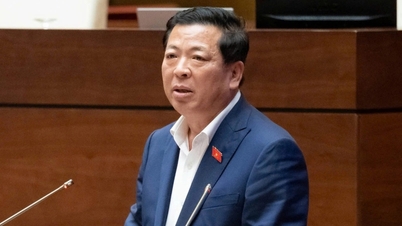



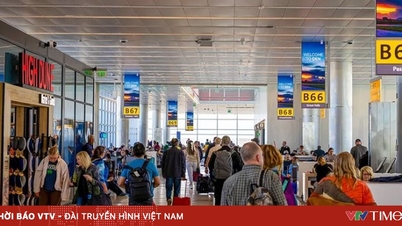


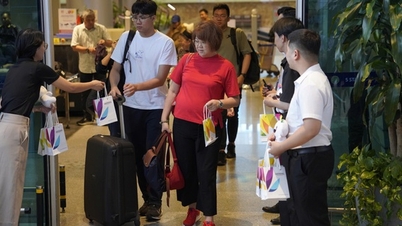

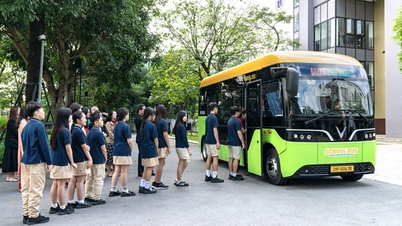
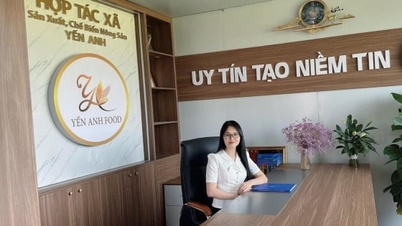



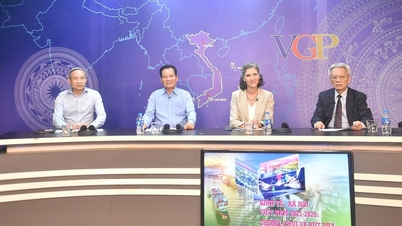










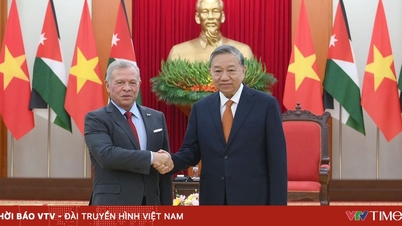

























































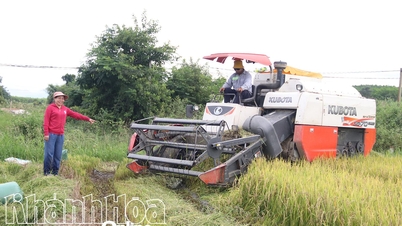












![Dong Nai OCOP transition: [Article 3] Linking tourism with OCOP product consumption](https://vphoto.vietnam.vn/thumb/402x226/vietnam/resource/IMAGE/2025/11/10/1762739199309_1324-2740-7_n-162543_981.jpeg)




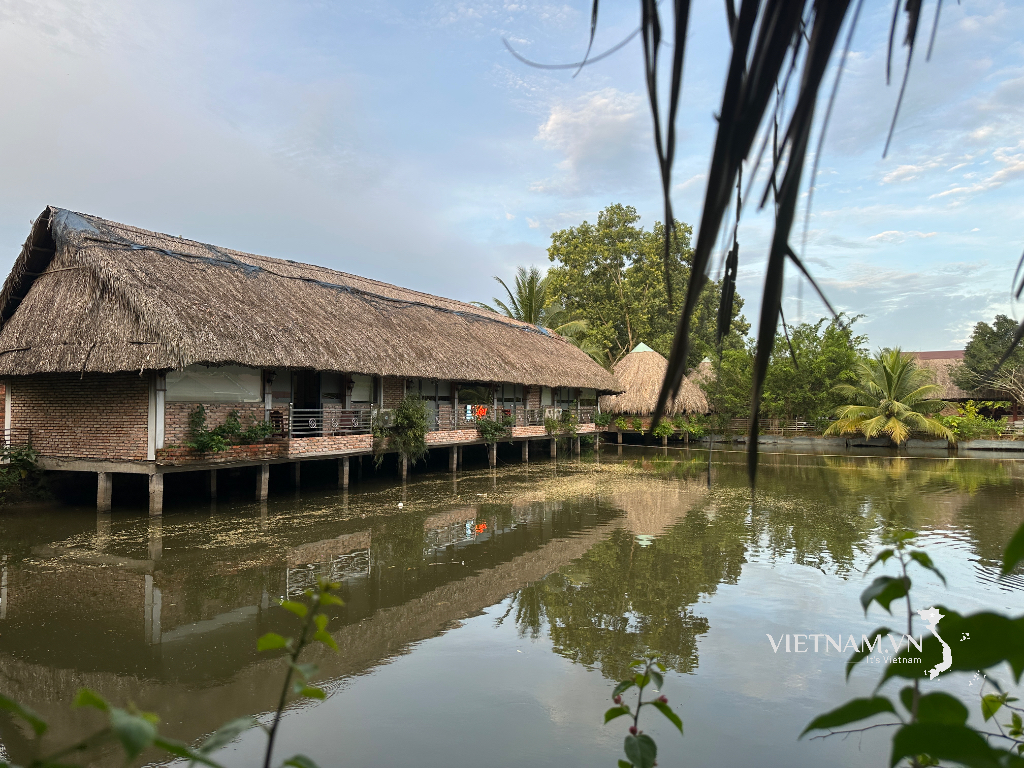
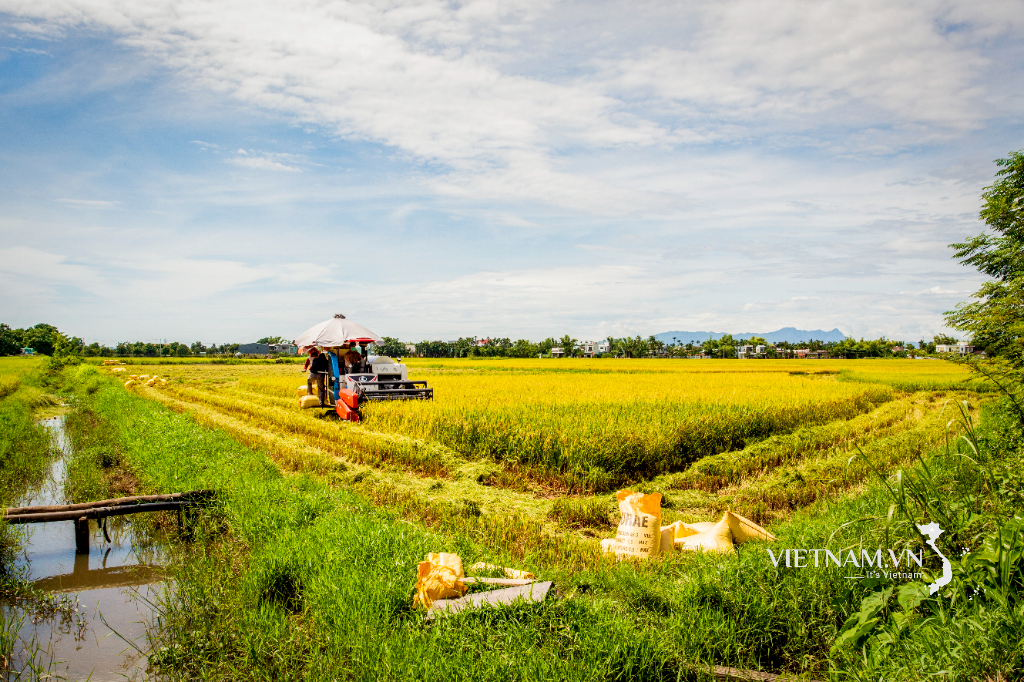

Comment (0)